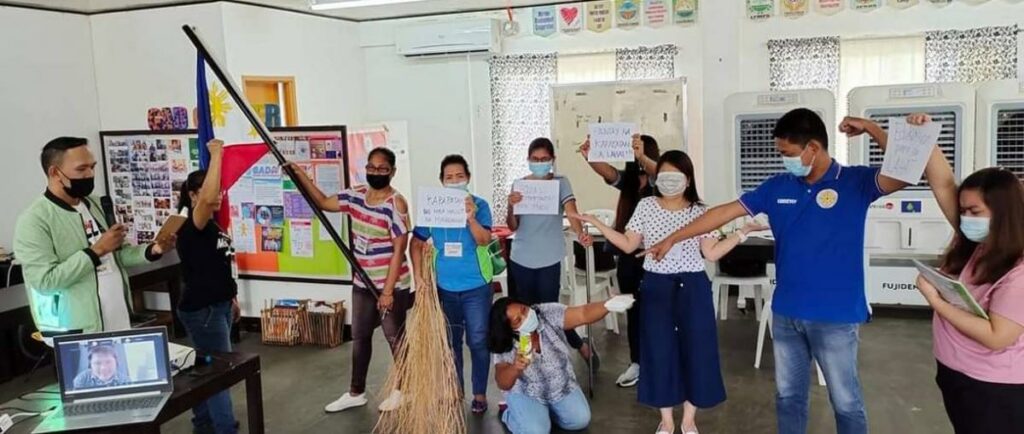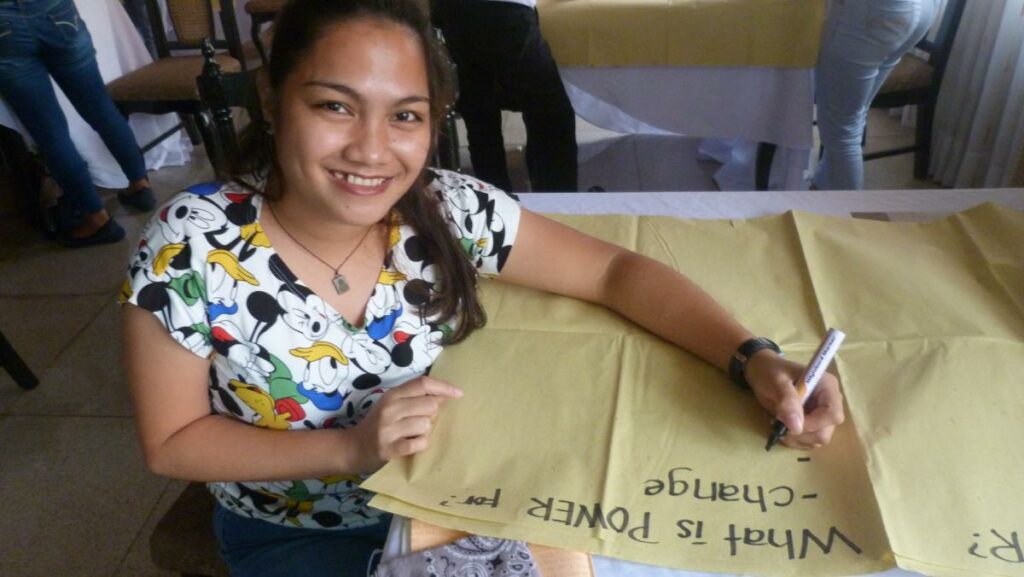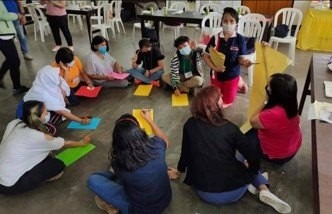Trias Southeast Asia launches manual on gender and inclusion
Trias Southeast Asia had a successful launching event on the 4 August of the Trias SEA’s Manual on Gender and Inclusivity.

The Launch was held via Zoom, which was also livestreamed on Trias SEA’s Facebook page. The Belgian ambassador to Manila graced the event and gave an inspirational speech. Others in attendance were past and present MBO partners, some colleagues from the development sector and representatives from the embassies of Germany, Austria and the EU Delegation in the Philippines.
You can watch the recording of the Facebook Live event here.
The Gender and Inclusivity Manual was designed for facilitators to raise the gender and inclusivity awareness of member-based organisations (MBOs). It is composed of activities that conceptualise how to redress situations of inequality and injustice and to embrace inclusion, equity, diversity, accessibility, and social justice.

The launch coincides with Pride Month, as the world’s LGBTQIA+ communities come together to celebrate their identities and allies show solidarity for the struggle towards a more gender-equal and inclusive society. The guest speaker for the online event was Dr. Nathalie “Natsy” Africa-Verceles, Director of the UP Center for Women’s & Gender Studies and an Associate Professor at the College of Social Work & Community Development.
The initiative to create the Manual began in 2018, when Trias Southeast Asia organised a knowledge exchange with its Central American counterparts on mainstreaming gender equality. Trias SEA then gathered a group of gender and inclusion focal persons to document their knowledge on the topic, adapt them to the Philippine context, and shape them into a manual. A series of inclusion training of trainers (TOTs) was conducted based on the initial draft, making it an iterative process of adding and improving the trainees’ knowledge, behaviour, and skills for gender and inclusion mainstreaming.

Now that the manual is officially launched, Trias SEA hopes that colleagues, MBO partners, and strategic and synergy partners will further enrich its contents by continuing the dialogue and by sharing valuable experiences as they go through the manual. Ultimately, we hope this manual promotes our core values of inclusion of women, youth, LGBTQIA+, informal workers, indigenous peoples, fisherfolk, family farmers, small-scale entrepreneurs, and many others.
You can access the Gender and Inclusivity Manual here. You may use and re-use information featured in this Manual free of charge in any format or medium provided that its full and complete elements are retained. Comments and suggestions are welcome and may be sent to Nick Vanden Broucke at nick.vandenbroucke@trias.ngo.